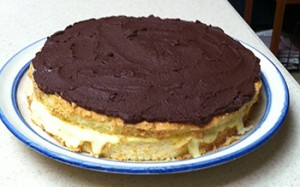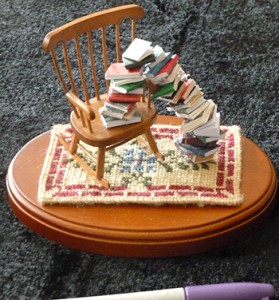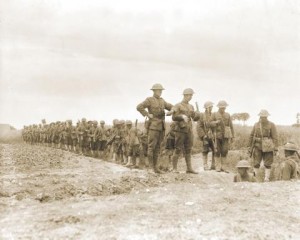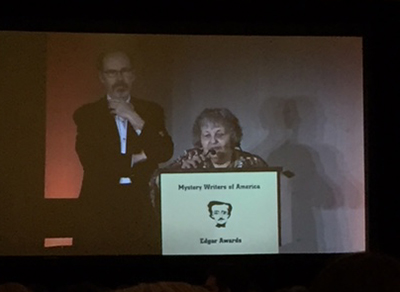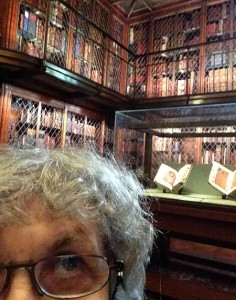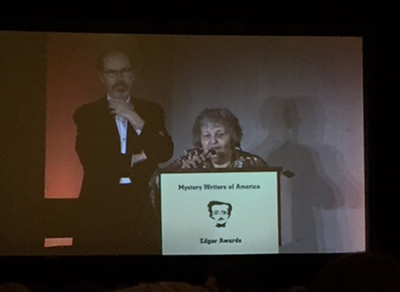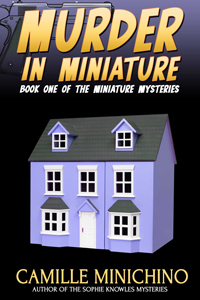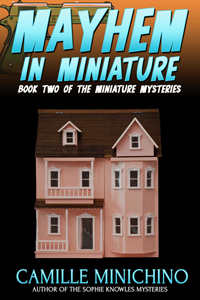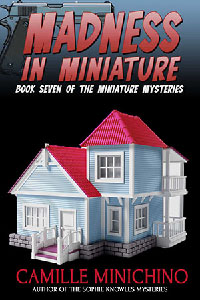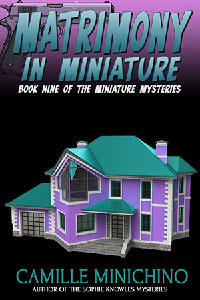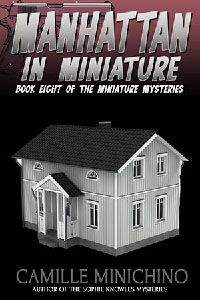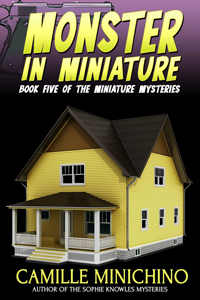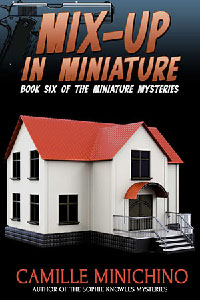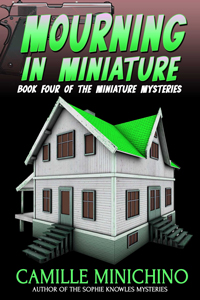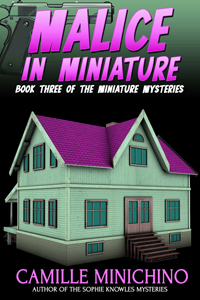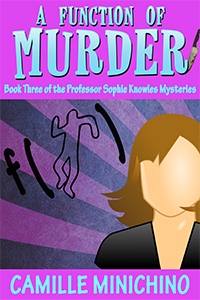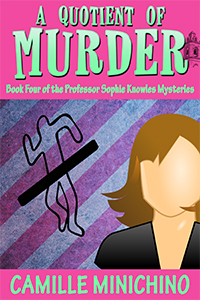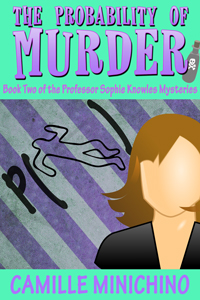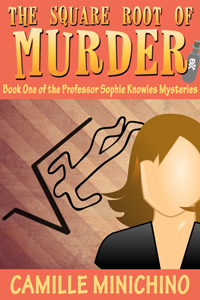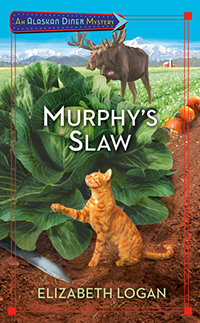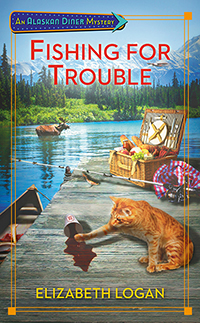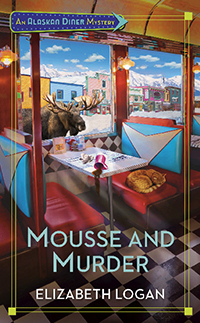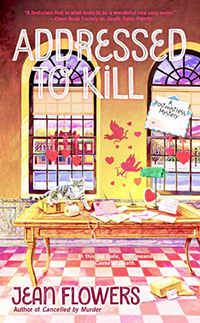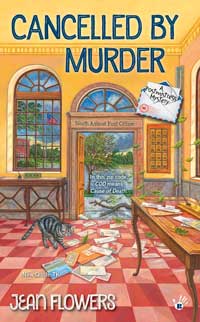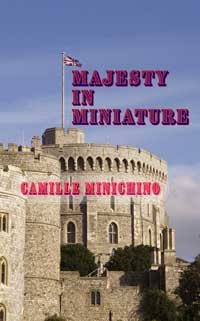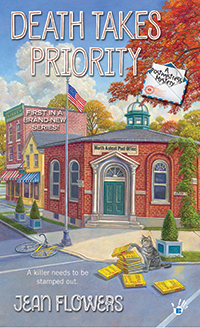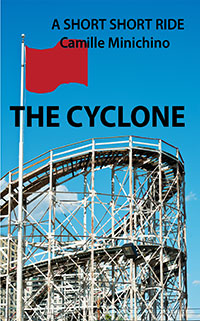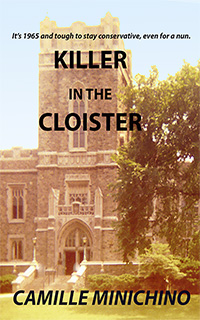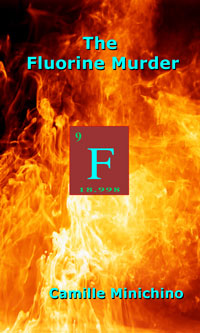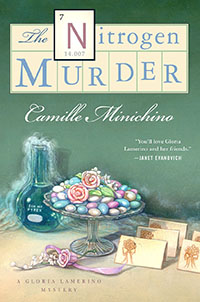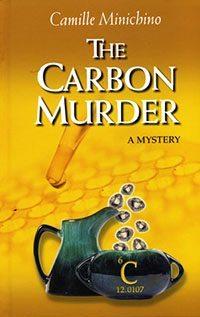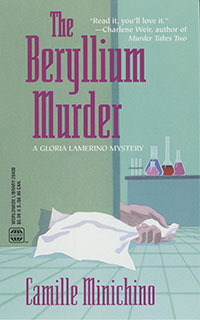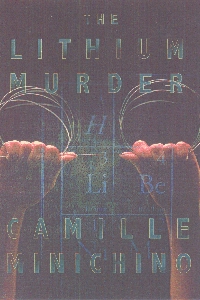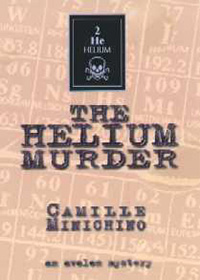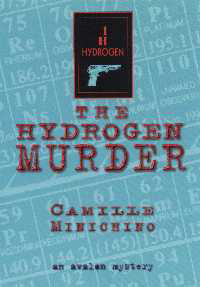Gemini dates: May 21-June 20
On the door of our local coffee shop is a sign: “Take Comfort in Routine.” Under the letters is a picture of a steaming frappa-thing. I turned away in disgust. Comfort and routine do not belong in the same sentence. I realize their marketing people are trying to build customer loyalty to the frappa, but I hope it’s a temporary aberration.
I don’t like routine.
I blame this on my start in life as a Gemini.
Here’s what one source says about Geminis:
There is a dual aspect to the Gemini personality, making it difficult for these individuals to stick with any one thing in order to master it.
It’s the logline of my life.
Please don’t ask me to do the same thing every Wednesday, or at ten every morning, or twice every day. (Geminis have trouble with meds; they fudge a lot.) I meet with a book group at our library on the first Tuesday of the month—this is fine since it’s always a different book. The same with regular blogs or meetings. As long as the content is different, I survive, but ideally I’d prefer to meet on a rotating basis, using a random number generator to pick the date.
What self-respecting physicist believes in astrological signs? Not me, but I have to admit that what they say comes eerily close to my MO:
• Geminis have a hard time finishing things.
• They have many careers and are easily distracted.
and (this is a biggy):
• Their favorite color is yellow.
Geminis are superficial, says one esteemed astrology site. Well, not Frank Lloyd Wright or Francis Crick. And not Sally Ride.
But me? Yes, I admit, I’m the cliché Gemini. I’d rather do a lot of things than one thing well. It’s nice to know it’s not my fault. It’s the fault of June 3, many years ago.
Anecdote about finishing
My husband, The Cable Guy, has the opposite traits. (There’s a rule about that, isn’t there?) He’s a finisher; I’m not.
Take the way we each do word puzzles. As soon as I “get” the theme and fill in about one third of the squares, I’m done. I need a new challenge. Not so for The Cable Guy. He fills in every box to the last letter, even though the puzzle is destined for the waste basket thirty seconds later.
I dislike finishing so badly that I often do the end of a project rather than plow sequentially through the middle and get to the end last.
I have many reminders of my Gemini status—when I attend a miniatures show, for example, where I look at museum quality vases and furniture, like a miniature Shaker chair I saw recently (which deservedly cost more than my entire collection of life-size chairs).
My miniatures are “cute” (see photo) and they’re received well for their personal touches, not for their amazing craftsmanship.
Many of my writer friends dream of being able to quit their day jobs and do nothing but write. Not me. Not a Gemini. If I had only one thing to do, I’d probably go into a null state and do nothing, ever.
 Filed Under :
Filed Under :  May.31,2018
May.31,2018